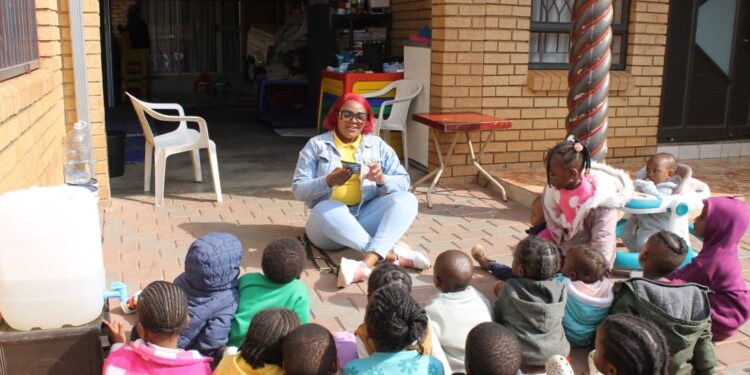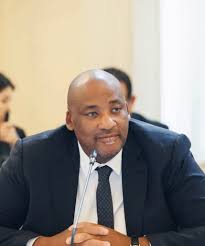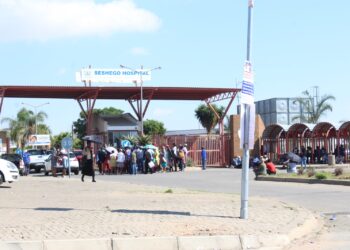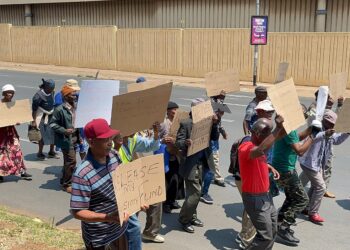By: Zanele Makola
Disability Rights Awareness Month (DRAM) 2025 is being observed from 3 November to 3 December under the theme “Creating Strategic Multisectoral Partnerships for a Disability-Inclusive Society.” The annual commemoration aims to increase awareness, promote inclusion and strengthen collaboration across sectors to break down barriers faced by persons with disabilities.
Disability results from an impairment which may be physical, mental, sensory, emotional, and developmental or a combination of these. It may be present at birth or develop later in life. According to the Department of Women, Youth and Persons with Disabilities, more than 7% of South Africans live with a disability, yet many still face challenges in accessing education, employment and basic services. DRAM is intended to confront both physical and social obstacles that limit full participation in society.
Government has highlighted the month as an opportunity to reaffirm its commitment to the rights of persons with disabilities, including measures such as recognising South African Sign Language as the twelfth official language and expanding economic opportunities. In the Western Cape, the provincial government has announced an increased cash allocation for services to people with disabilities in the 2025–2026 financial year.
Civil society and community initiatives are also playing a role in advancing inclusion. Mshengu Learning Centre, an early childhood development centre in Nellmapius, Pretoria, uses a comprehensive approach to support children from birth to five years old, focusing on cognitive, emotional, social and physical development. The centre accepts all children, regardless of their physical or mental condition.
Nyeleti Shipalana, a 38-year-old teacher at Mshengu Learning Centre, works closely with children who have additional learning needs. She currently supports a four-year-old boy with learning difficulties linked to Autism Spectrum Disorder (ASD). In 2024, the centre also enrolled a child with hearing loss, and Shipalana helped her to learn and communicate more easily with her peers.
“I am able to care for children with special needs because of the skills development programmes that I have attended,” Shipalana said. “The training included developmentally appropriate practices, behaviour management, the science of reading and supporting children with special needs.” As DRAM unfolds, initiatives like Mshengu Learning Centre highlight how practical support, inclusive classrooms and specialised training can give children with disabilities a stronger start in life – and bring South Africa closer to a truly inclusive society.
















